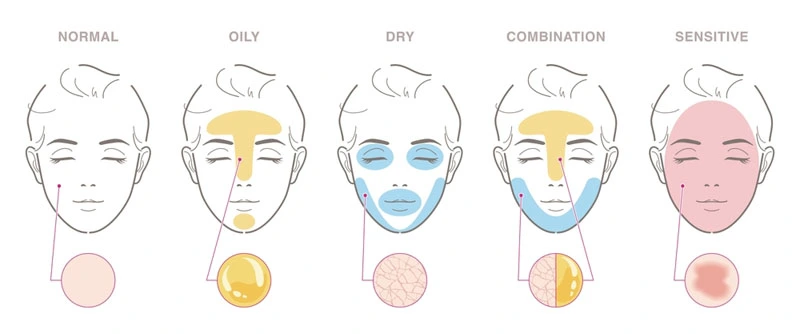In recent years, probiotics have come to the forefront of the health and wellness industry, thanks largely to their benefits for gut health. But the scope of these good bacteria extends beyond the digestive system. A growing body of research suggests that probiotics for skin could be the secret to achieving a clear complexion.
The Science Behind Probiotics and Skin Health
Understanding the Skin Microbiome
The skin is the body’s largest organ, acting as a protective barrier against environmental factors. It houses billions of bacteria, fungi, and viruses in the skin microbiome.
When in balance, these microbes contribute to skin health, but an imbalance can cause conditions like acne, eczema, rosacea, and psoriasis.
Role of Probiotics in Regulating the Skin Microbiome
Probiotics play a pivotal role in maintaining this balance. Introducing more beneficial bacteria can help keep harmful microorganisms in check, reducing inflammation and promoting healthier skin.
Scientific Studies Supporting the Connection
Several studies have shown a positive link between probiotics and skin health. For instance, a research article published in the American Journal of Clinical Dermatology indicated a potential role for probiotics in treating atopic dermatitis, acne, and rosacea.
Different Types of Probiotics for Skin
Numerous strains of probiotics can benefit the skin, but some of the most common include Lactobacillus, Bifidobacterium, and Streptococcus. These strains can be obtained through a combination of diet and skincare products, such as yogurt, sauerkraut, cheese, kefir, and certain types of lotion and cream.
Probiotic Sources for Skin Health
Probiotic-rich foods like yogurt, sauerkraut, cheese, kefir, and probiotic supplements like pills or powder, can positively impact gut and skin health. Topical products containing probiotics, such as lotions or creams, also benefit certain skin conditions.
How to Choose the Right Probiotics for Your Skin Type
Different probiotic strains offer various benefits, making it essential to choose the right one for your skin type. Dryness, redness, itchiness, and inflammation are common signs that your skin microbiome might be out of balance, and probiotics can help restore it.

Prebiotics: Aiding Probiotics for Optimal Skin Health
Though less spoken about, prebiotics are as significant as probiotics in promoting skin health. Acting as nutrition for beneficial bacteria, they’re important for maintaining a healthy skin microbiome. Foods abundant in dietary fibers are excellent sources of these prebiotics.
Integrating Probiotics into Your Skin Care Regimen
There are multiple ways to blend probiotics into your skincare regimen. While some individuals might prefer taking supplements in pill or powder form, others may be more inclined towards consuming foods rich in probiotics or applying topical skincare products that contain them.
The Positive Impact of Probiotics on Various Skin Disorders
The use of probiotics has been linked to the alleviation of several skin disorders, including eczema, rosacea, and psoriasis.
Their ability to reduce inflammation and redness has been observed to expedite healing and enhance overall skin health.
Awareness of Potential Side Effects of Probiotics on Skin
Despite probiotics being largely safe, exercising caution when incorporating them into your routine is important. Possible side effects may encompass digestive complications and skin irritation, particularly in individuals with sensitive skin.
Triumphs with Probiotics: Personal Accounts of Improved Skin Health
A host of success stories testify to the beneficial role of probiotics in ameliorating skin health. These instances range from those dealing with chronic skin conditions like eczema and rosacea to those seeking to enhance their overall skin health.
Frequently Asked Questions
What role do probiotics play in skin health?
Probiotics maintain the balance of the skin microbiome by introducing beneficial bacteria, which help reduce inflammation and promote a healthier complexion.
How can I incorporate probiotics for skin health into my daily routine?
You can include probiotics in your diet through foods like yogurt and sauerkraut or use skincare products containing probiotics. Some prefer taking probiotic supplements in pill or powder form.
Are there any potential side effects when using probiotics for skin health?
While generally safe, probiotics can cause some side effects like digestive complications and skin irritation, particularly for individuals with sensitive skin. Always exercise caution when starting a new regimen.




